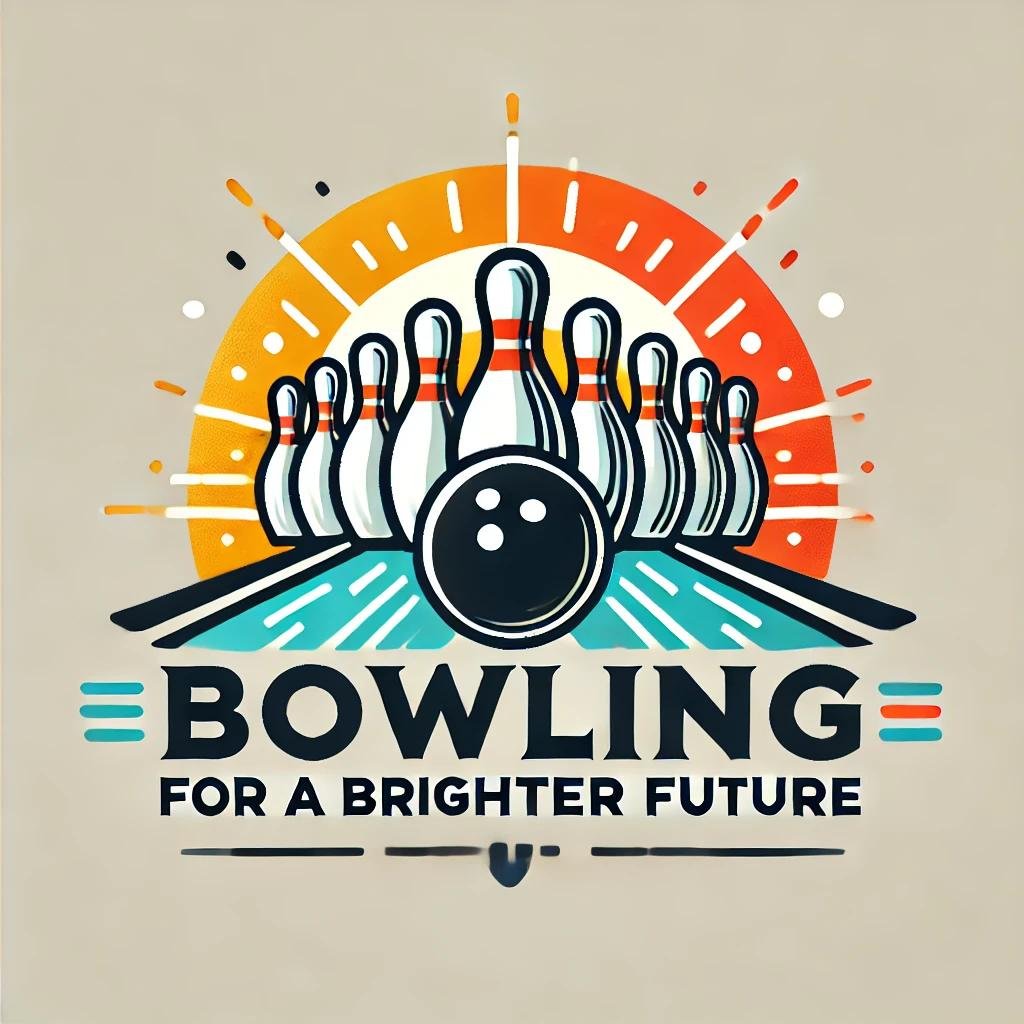
Bowling for a Brighter Future
At Mentor2Youth, we empower underserved youth to become leaders by providing mentorship, life skills, and academic support in a nurturing environment. Through our flagship program, Raising Royalty, we instill purpose, values, and community engagement, equipping young people to overcome challenges and make a positive impact. Together, we’re shaping tomorrow’s leaders.
By helping us raise $70k for a new bus, you'll ensure that underserved youth have reliable transportation.
Together, we can drive change—literally!

Royal Voices Abound
Together, Mentor2Youth and The Workshop for Community+Collaboration at EMU College of Education are launching a comprehensive, long-term educational initiative to enhance youth literacy skills by helping them learn to tell their stories through various formats.
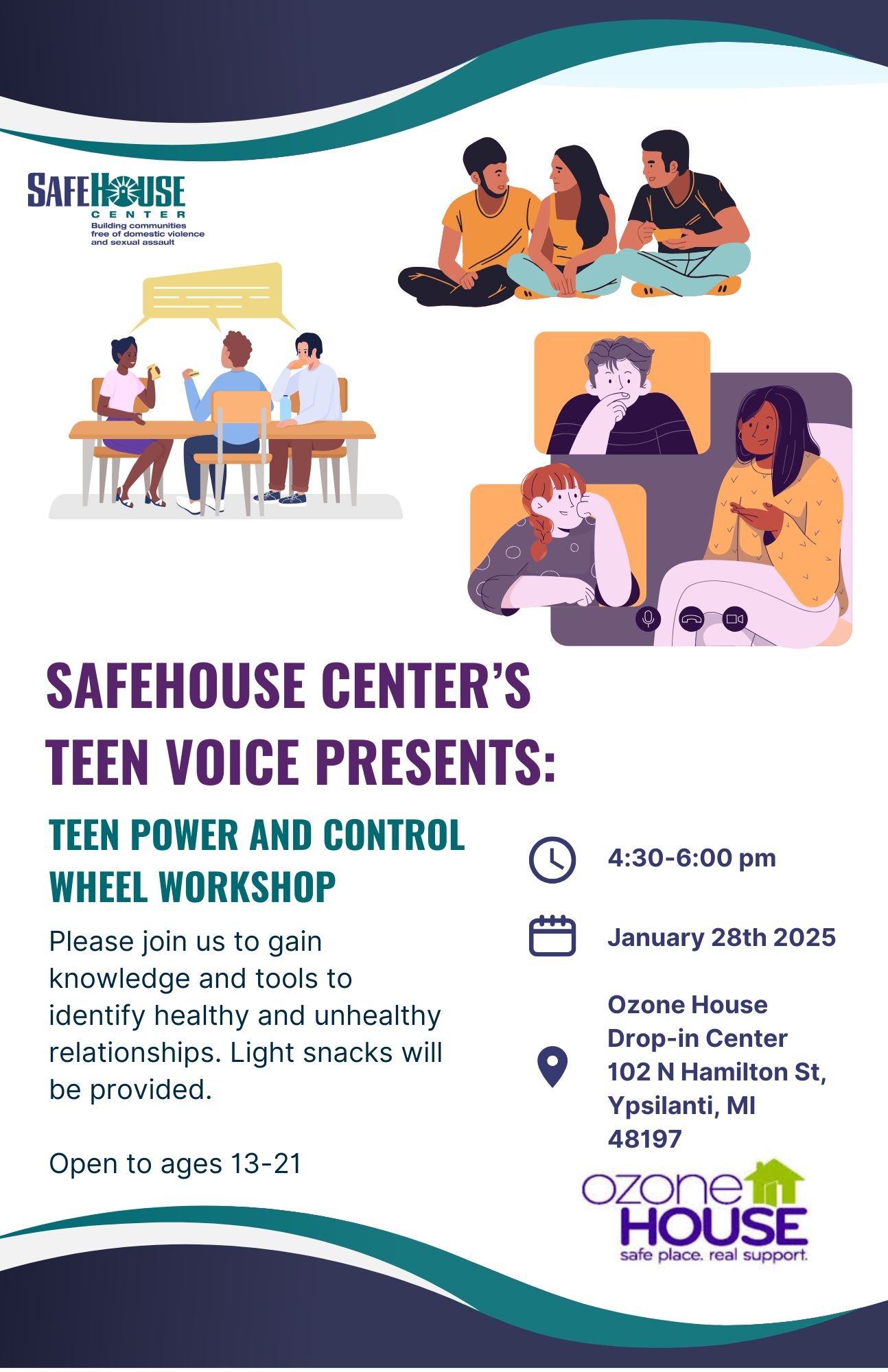
Teen Power & Control Wheel Workshop
SafeHouse Center's Teen Voice will present to youth aged 13-21 at Ozone House Drop-in Center about teen dating violence.
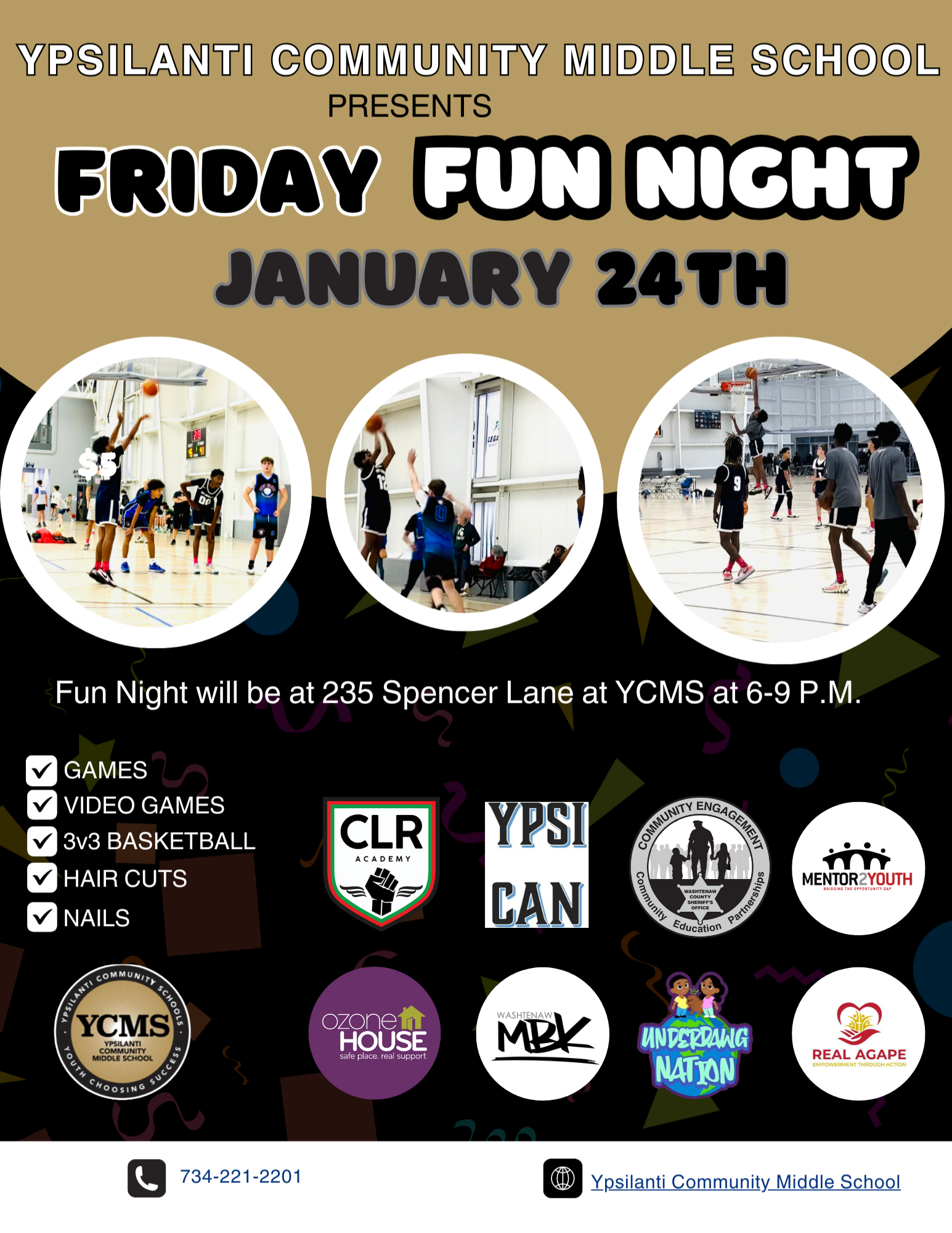

Royal Voices Abound
Together, Mentor2Youth and The Workshop for Community+Collaboration at EMU College of Education are launching a comprehensive, long-term educational initiative to enhance youth literacy skills by helping them learn to tell their stories through various formats.

Royal Voices Abound
Together, Mentor2Youth and The Workshop for Community+Collaboration at EMU College of Education are launching a comprehensive, long-term educational initiative to enhance youth literacy skills by helping them learn to tell their stories through various formats.

Royal Voices Abound (Copy)
Together, Mentor2Youth and The Workshop for Community+Collaboration at EMU College of Education are launching a comprehensive, long-term educational initiative to enhance youth literacy skills by helping them learn to tell their stories through various formats.
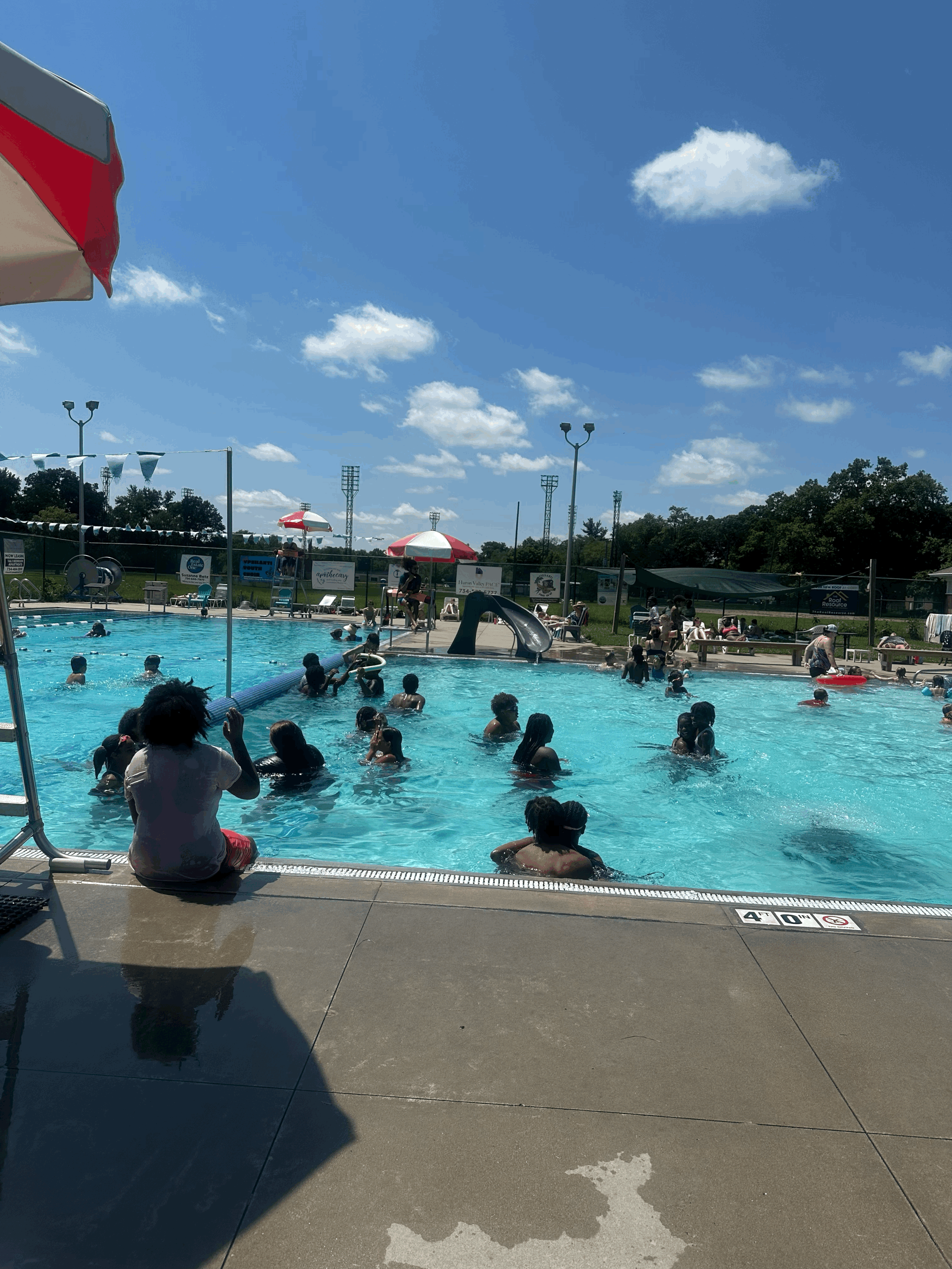
Swim lessons
Ruth-fords Pool is offering swim lessons to mentor2youth kids from July 22-July 24th from 9:30am-10:45.

Crown swimmers
Mentor2youth presents the noble summer experiences . Swimming in collaboration with Rutherford pool from (1pm-4:50pm) . As well as Mentor2youth presents Royalty reads collaborated with Our community reads (Ms.Walker).
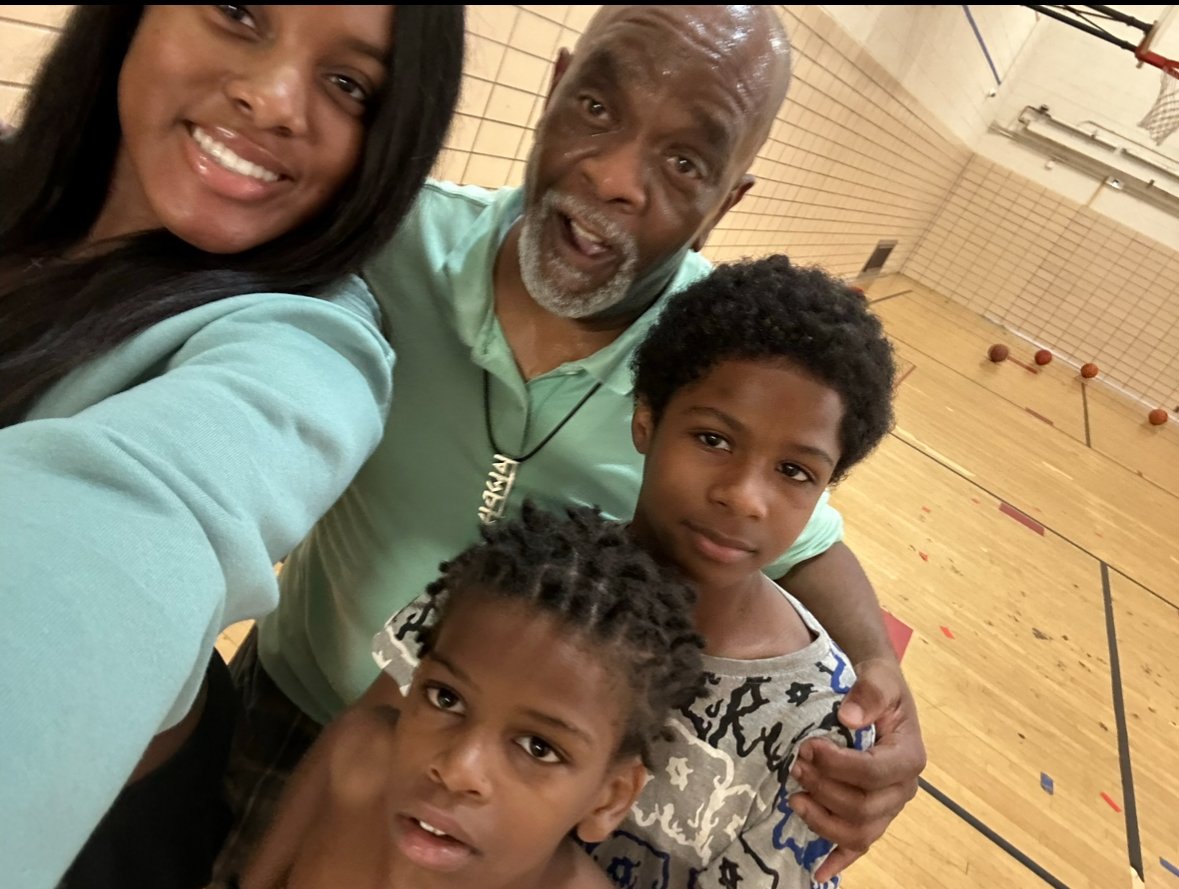
THE ROYAL GAMES
The Royal Games is our weekly gym time. This group of young people are rewarded with some free time after all that I ask of them during the month. Especially in the winter, this time is a real treat for our young people. We are adding entrees to our buffet style free session. Some do basketball, some dance, some sing, some step. Everyone finds something we can do.

THE ROYAL GAMES
The Royal Games is our weekly gym time. This group of young people are rewarded with some free time after all that I ask of them during the month. Especially in the winter, this time is a real treat for our young people. We are adding entrees to our buffet style free session. Some do basketball, some dance, some sing, some step. Everyone finds something we can do.

THE ROYAL GAMES
The Royal Games is our weekly gym time. This group of young people are rewarded with some free time after all that I ask of them during the month. Especially in the winter, this time is a real treat for our young people. We are adding entrees to our buffet style free session. Some do basketball, some dance, some sing, some step. Everyone finds something we can do.

Youth Day at the Park
3V3 Basketball Tournament- Food-Prizes-Raffle-Community resources-Yard Games

THE ROYAL GAMES
The Royal Games is our weekly gym time. This group of young people are rewarded with some free time after all that I ask of them during the month. Especially in the winter, this time is a real treat for our young people. We are adding entrees to our buffet style free session. Some do basketball, some dance, some sing, some step. Everyone finds something we can do.
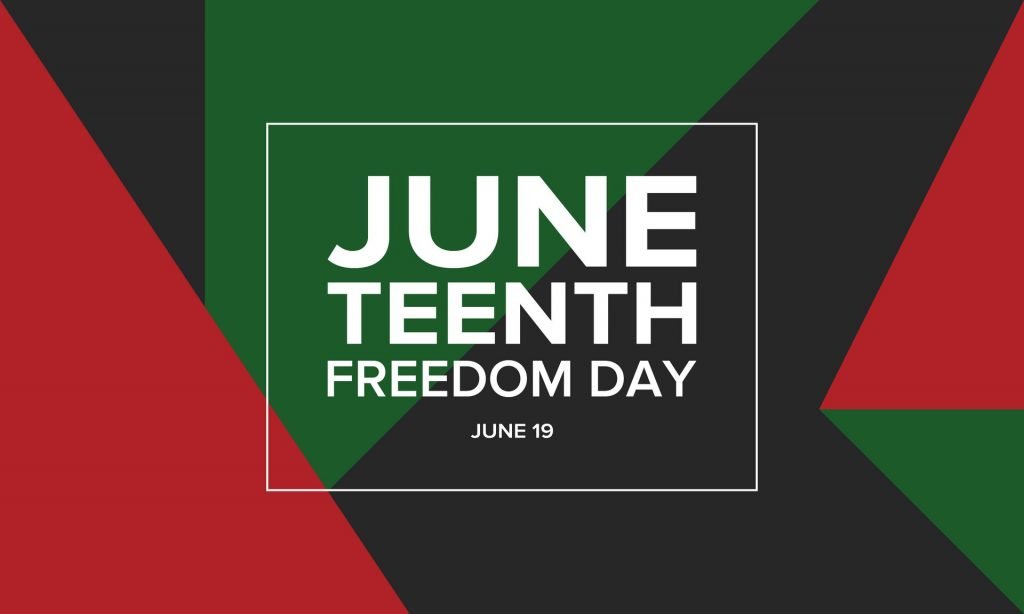
Happy Juneteenth !!
Here’s a little background about Juneteenth !!: Juneteenth honors the day, June 19, 1865, in Galveston, Texas, when a Union commander read orders declaring that the state's enslaved population was free by federal law.

Raising Royalty - Kings & Queens
Our purpose is to provide a transformative educational experience that goes beyond academic achievement. We are dedicated to unlocking the full potential of each child, guiding them to discover their purpose, and equipping them with the skills and mindset necessary to make a positive impact on the world and become exceptional leaders by nurturing their purpose, embracing core values, fostering stewardship, cultivating wisdom, building community, and instilling discipline.

Intergenerational Chess Play (march)
Chess is a game in which every action has a reaction - a consequence. Chess is a game that involves good and bad consequences, based on how well thought out the strategy is.
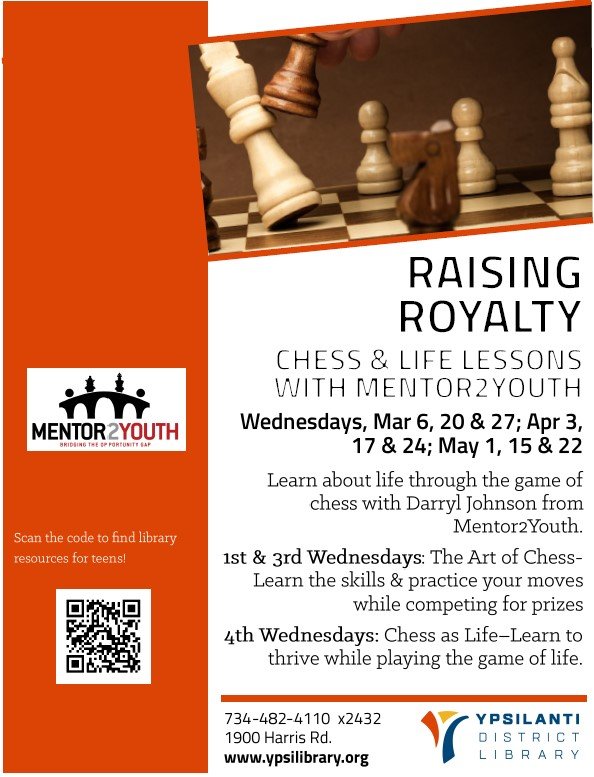
Raising Royalty - Free Chess Lessons
What does Chess have to do with life.
Chess is often compared to life because it reflects many aspects of human experience and teaches valuable lessons that can be applied beyond the chessboard. Here are some parallels between chess and life:
Strategy and Planning: In chess, success often depends on long-term strategy, foresight, and planning. Similarly, in life, having clear goals, making strategic decisions, and planning for the future are essential for success.
Decision Making: Chess requires players to analyze positions, evaluate options, and make decisions under pressure. Life presents similar challenges, where individuals must weigh choices, consider consequences, and make decisions that can have far-reaching effects.
Adaptability: In chess, players must adapt to changing circumstances, adjust their plans, and respond to their opponent's moves. Life is full of unexpected challenges and obstacles, requiring individuals to be flexible, resilient, and adaptable to navigate changing circumstances.
Patience and Persistence: Chess games can be long and require patience, concentration, and perseverance to see them through to the end. Similarly, achieving goals in life often requires patience, persistence, and the willingness to overcome setbacks and obstacles along the way.
Consequences of Actions: Every move in chess has consequences, and players must anticipate and consider the potential outcomes of their decisions. In life, actions also have consequences, and individuals must take responsibility for their choices and consider the impact they have on themselves and others.
Learning from Mistakes: In chess, players often learn more from their losses and mistakes than from their victories. Similarly, in life, setbacks and failures can be valuable learning experiences that help individuals grow, develop resilience, and improve their decision-making skills.
Overall, chess offers a metaphor for life, teaching valuable lessons about strategy, decision-making, adaptability, patience, and the importance of learning from both success and failure.
This is what we call Raising Royalty. Come out on the First & Third Wednesdays and learn how to play.
Come out on the Fourth Wednesday and learn how to live.

Raising Royalty - Free Chess Lessons
What does Chess have to do with life.
Chess is often compared to life because it reflects many aspects of human experience and teaches valuable lessons that can be applied beyond the chessboard. Here are some parallels between chess and life:
Strategy and Planning: In chess, success often depends on long-term strategy, foresight, and planning. Similarly, in life, having clear goals, making strategic decisions, and planning for the future are essential for success.
Decision Making: Chess requires players to analyze positions, evaluate options, and make decisions under pressure. Life presents similar challenges, where individuals must weigh choices, consider consequences, and make decisions that can have far-reaching effects.
Adaptability: In chess, players must adapt to changing circumstances, adjust their plans, and respond to their opponent's moves. Life is full of unexpected challenges and obstacles, requiring individuals to be flexible, resilient, and adaptable to navigate changing circumstances.
Patience and Persistence: Chess games can be long and require patience, concentration, and perseverance to see them through to the end. Similarly, achieving goals in life often requires patience, persistence, and the willingness to overcome setbacks and obstacles along the way.
Consequences of Actions: Every move in chess has consequences, and players must anticipate and consider the potential outcomes of their decisions. In life, actions also have consequences, and individuals must take responsibility for their choices and consider the impact they have on themselves and others.
Learning from Mistakes: In chess, players often learn more from their losses and mistakes than from their victories. Similarly, in life, setbacks and failures can be valuable learning experiences that help individuals grow, develop resilience, and improve their decision-making skills.
Overall, chess offers a metaphor for life, teaching valuable lessons about strategy, decision-making, adaptability, patience, and the importance of learning from both success and failure.
This is what we call Raising Royalty. Come out on the First & Third Wednesdays and learn how to play.
Come out on the Fourth Wednesday and learn how to live.

Community Violence Intervention Summit
2nd Annual Washtenaw County Community Violence Intervention Summit
Keynote Speaker: Shaka Senghor
Detroit native and author of Writing My Wrongs & Letters to the Sons of Society
Practitioners, Survivors, Interventionists, Educators, Officers, and Local Leaders
Join us as we discuss the nature of violence in our community and explore solutions needed to save lives. We will hear from local and national leaders in the field of violence intervention work.

The Royal Games
Childhood and adolescence are critical periods for developing movement skills, learning healthy habits, and establishing a firm foundation for lifelong health and well-being. Regular physical activity in children and adolescents promotes health and fitness.

Raising Royalty - Kings & Queens
Our purpose is to provide a transformative educational experience that goes beyond academic achievement. We are dedicated to unlocking the full potential of each child, guiding them to discover their purpose, and equipping them with the skills and mindset necessary to make a positive impact on the world and become exceptional leaders by nurturing their purpose, embracing core values, fostering stewardship, cultivating wisdom, building community, and instilling discipline.

Music & Expression: In the Studio
Collaborate with professional musicians and creatives in this free workshop, which will guide you through the steps to create your own music!

Music & Expression: In the Studio (Copy)
Collaborate with professional musicians and creatives in this free workshop, which will guide you through the steps to create your own music!

The Royal Games
Childhood and adolescence are critical periods for developing movement skills, learning healthy habits, and establishing a firm foundation for lifelong health and well-being. Regular physical activity in children and adolescents promotes health and fitness.

Intergenerational Chess Play (march)
Chess is a game in which every action has a reaction - a consequence. Chess is a game that involves good and bad consequences, based on how well thought out the strategy is.

Raising Royalty - Free Chess Lessons
What does Chess have to do with life.
Chess is often compared to life because it reflects many aspects of human experience and teaches valuable lessons that can be applied beyond the chessboard. Here are some parallels between chess and life:
Strategy and Planning: In chess, success often depends on long-term strategy, foresight, and planning. Similarly, in life, having clear goals, making strategic decisions, and planning for the future are essential for success.
Decision Making: Chess requires players to analyze positions, evaluate options, and make decisions under pressure. Life presents similar challenges, where individuals must weigh choices, consider consequences, and make decisions that can have far-reaching effects.
Adaptability: In chess, players must adapt to changing circumstances, adjust their plans, and respond to their opponent's moves. Life is full of unexpected challenges and obstacles, requiring individuals to be flexible, resilient, and adaptable to navigate changing circumstances.
Patience and Persistence: Chess games can be long and require patience, concentration, and perseverance to see them through to the end. Similarly, achieving goals in life often requires patience, persistence, and the willingness to overcome setbacks and obstacles along the way.
Consequences of Actions: Every move in chess has consequences, and players must anticipate and consider the potential outcomes of their decisions. In life, actions also have consequences, and individuals must take responsibility for their choices and consider the impact they have on themselves and others.
Learning from Mistakes: In chess, players often learn more from their losses and mistakes than from their victories. Similarly, in life, setbacks and failures can be valuable learning experiences that help individuals grow, develop resilience, and improve their decision-making skills.
Overall, chess offers a metaphor for life, teaching valuable lessons about strategy, decision-making, adaptability, patience, and the importance of learning from both success and failure.
This is what we call Raising Royalty. Come out on the First & Third Wednesdays and learn how to play.
Come out on the Fourth Wednesday and learn how to live.

The Royal Games
Childhood and adolescence are critical periods for developing movement skills, learning healthy habits, and establishing a firm foundation for lifelong health and well-being. Regular physical activity in children and adolescents promotes health and fitness.

JA Finance Park - M2Y / Washtenaw County Family & Friends Day
JA Finance Park is Junior Achievement’s capstone program for personal financial planning and career exploration. This program, comprising a curriculum and a simulation, helps students build a foundation on which they can make intelligent financial decisions that last a lifetime, including decisions related to income, expenses, savings, and credit.

Youth Night @ the Willow (Copy)
Ozone House’s Balling Initiative (in conjunction with The Corner Health Center, MBK, Underdog Nation, Mentor2Youth, the YMCA) presents Youth Night at the Willow, a celebration of Ypsilanti.